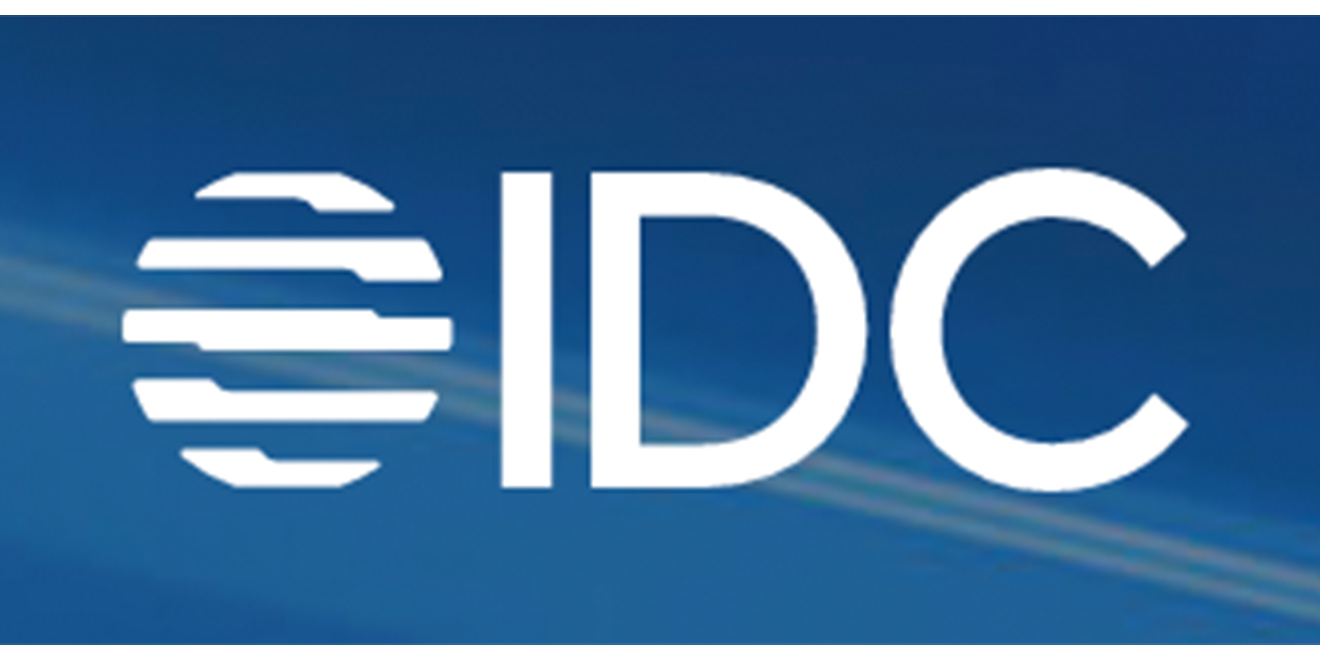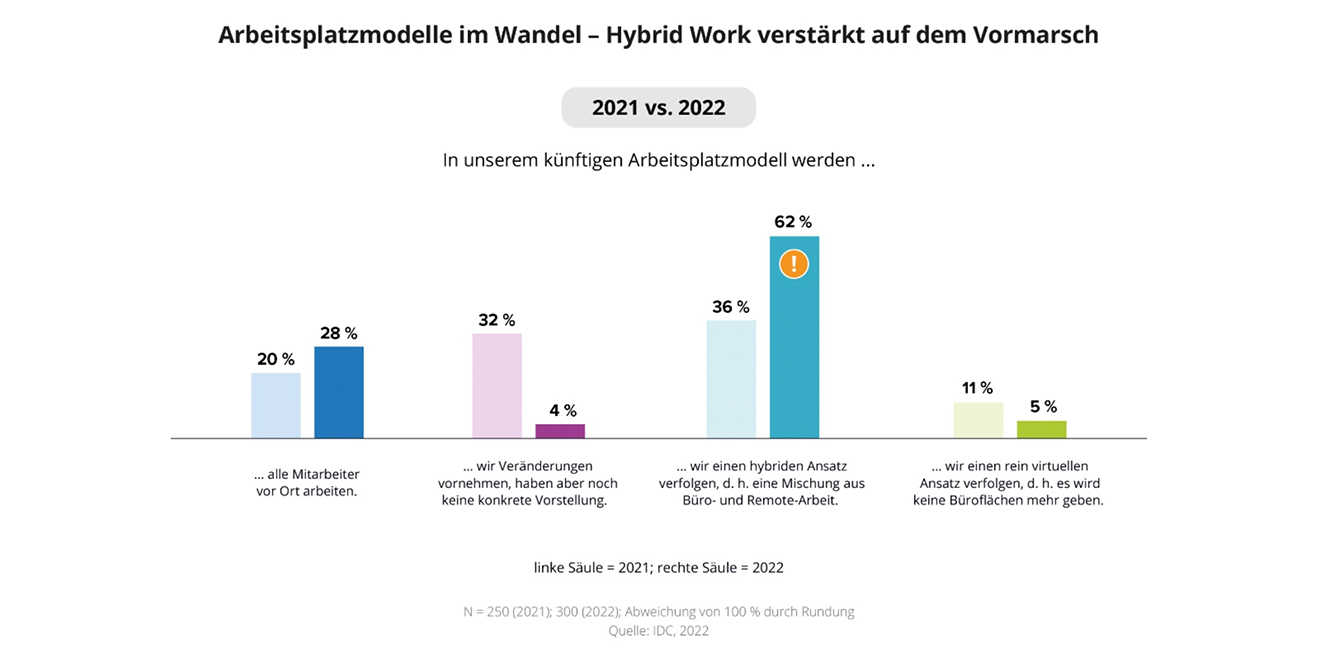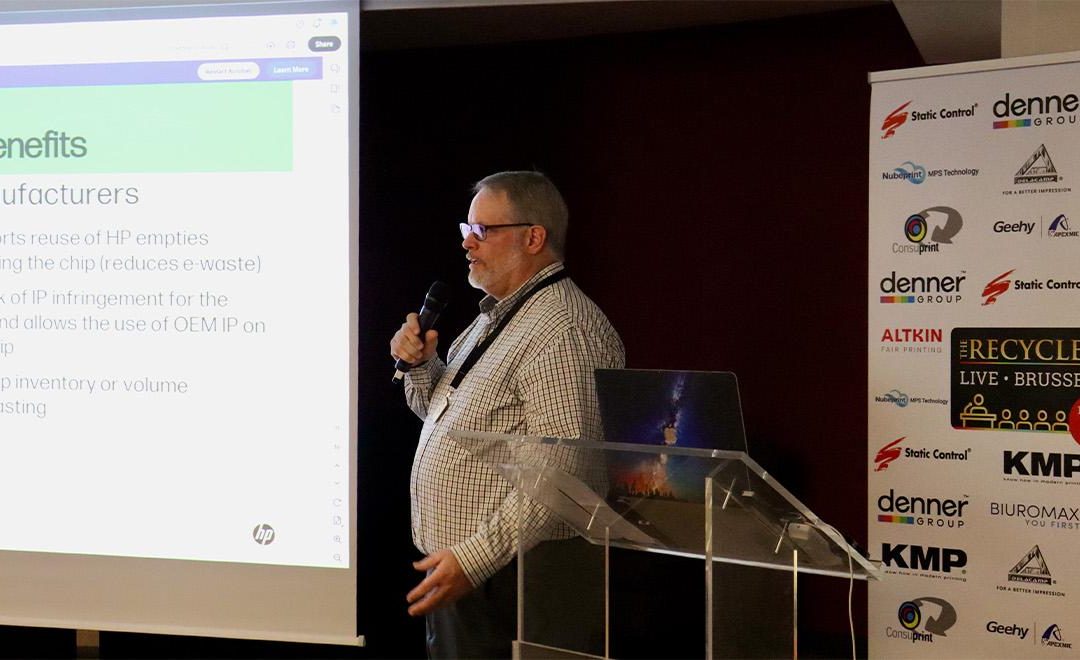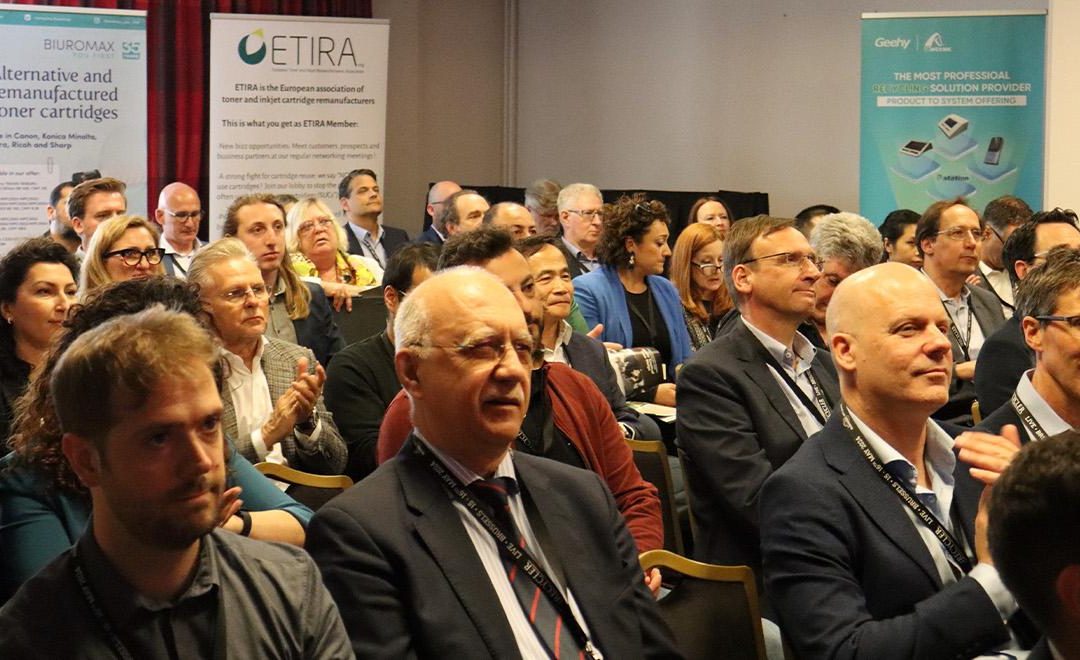IDC study finds 62% of German companies will rely on hybrid workplace models in the future, employee satisfaction is a critical factor.
The still present corona pandemic as well as geopolitical uncertainties, rising energy prices, inflation and the steadily increasing shortage of skilled workers are putting pressure on companies to transform their workplace models. The implementation can be a complex process and the realization includes many facets:
- 62% of German companies will rely on hybrid workplace models in the future, compared to just 36% in the previous year
- Budget constraints and high IT acquisition costs are increasingly and noticeably slowing down the transformation of the workplace
- 3 out of 4 companies want to improve the work culture with training and satisfaction analyses, employee satisfaction is becoming the focus
 In order to come to these conclusions, in August 2022 IDC surveyed 300 organisations with more than 100 employees across industries in Germany on the subject of work transformation. IDC understands work transformation as the shift from the traditional workplace to one that fosters collaboration between people and technology, digital skills, and supports a connected, safe environment that is not tied to one place or time.
In order to come to these conclusions, in August 2022 IDC surveyed 300 organisations with more than 100 employees across industries in Germany on the subject of work transformation. IDC understands work transformation as the shift from the traditional workplace to one that fosters collaboration between people and technology, digital skills, and supports a connected, safe environment that is not tied to one place or time.
Even if the change in the workplace model in German companies is in full swing, there is still a lot of untapped potential, IDC added. Above all, when it comes to the use of technology, the improvement of work culture and the design of the workplace itself, organizations across all sectors still have a lot of catching up to do.
Although many companies could hardly imagine working from anywhere before the start of the corona pandemic, the vast majority are now convinced that hybrid working models are the future. 62% of the companies surveyed are planning a hybrid workplace model in the future, i.e. a mixture of on-site and remote work. Compared to last year’s study on this topic, this is an immense increase, here it was only 36%. At the same time, however, the proportion of companies whose employees work entirely on site has also increased.
“We can see that companies now have a clearer view of things and are making different decisions today than they had planned 12 months ago. Nevertheless, we see a clear trend towards hybrid work,” said Sabrina Schmitt, Senior Consultant and Project Leader of the study. “In the last year, companies have dealt intensively with the different workplace models. Many who were unsure of what their workplace model might look like in the future have now mostly opted for a hybrid approach.”
Location-independent working is an integral part of hybrid work. The majority of companies plan to offer remote work in the future to improve the employee experience (43%) and to continue the positive experience with remote work (40%), but also to save costs in a very pragmatic way (38%).
Regardless of whether you work at the company location, remotely or in a hybrid way, the change in workplace models must be viewed holistically and encompass different areas. The triad of technology, work culture and the design of the workplace itself is crucial, IDC explained.
The fact that companies primarily want to save costs (28%) and increase productivity (27%) but also improve employee satisfaction (22%) by changing their workplace models clearly shows the increasing cost pressure companies are under due to geopolitical uncertainties, rising energy prices, inflation and the ever-increasing shortage of skilled workers.
The same becomes clear with the challenges that companies have to contend with when implementing work transformation. In addition to the balancing act between flexibility and IT security (30%), budget restrictions (28%) in particular slow companies down. With regard to IT, it is high acquisition costs (22%) and complexity (21%). Interestingly, we see that privacy and compliance concerns (20%) and general security concerns (20%) have declined sharply year-on-year and have been overtaken by cost-driven challenges. However, this does not mean that these aspects are less relevant.
However, IDC observed that the companies have apparently been active in recent months and have sharpened up by investing in security and compliance solutions and also implementing measures to improve corporate and work culture.
IDC said the study shows that companies have already made various investments in collaboration and communication. This initially concerned basics such as security software (59%), applications for audio and video conferencing (58%), the corresponding hardware such as screens and keyboards (54%), collaboration tools (53%) and remote access solutions (53%). Applications that go one step further, such as compliance, cloud and content sharing solutions, are now primarily on the planning agenda for the next 12-24 months. The tools mentioned are not new, but they are becoming more important in a hybrid working environment and are used by a larger group of people. Likewise, there is often no one solution that combines everything and works equally well for everyone.
The use of tools is not sufficient, as the companies surveyed also confirm. The digitisation of processes and workflows as well as a high level of user-friendliness of the devices and applications are critical to the success of hybrid collaboration and communication for almost a quarter of those surveyed, as are better networking options via platforms and high security standards.
Digitise organisations in order to process processes or workflows quickly and efficiently and thus be able to react better to constantly changing working and market conditions. For 78%, a successful workplace transformation depends heavily to very heavily on the degree of digitisation of the respective company. With regard to paper-based processes, 63% of all processes and workflows in companies are already being carried out electronically. That is at least 5% more than was the case a year ago, in the next 12-24 months even 75% of all paper-based processes are supposed to be digital.
The changes on the labour market and, above all, the acute shortage of skilled workers are increasingly causing difficulties for companies. They have to take action to retain employees and attract new talent. The respondents therefore rely on further education and training, satisfaction analyses (78% each) and recruitment and talent management platforms (74%) and are therefore increasingly focusing on the employees and their satisfaction. Especially when changing workplace models or using new technologies, it is essential to inform employees and sensitise them to the benefits, but also to identify how satisfied they are with the tools, processes and conditions surrounding their workplace, IDC added.
59% of the companies surveyed measure employee satisfaction – most frequently via employee surveys. Decisive measures to improve satisfaction can thus be identified and implemented. But not only the satisfaction, but also the productivity and loyalty of the employees is becoming increasingly important for the company. A large part attaches the success of the workplace changes to this.
Overall, parameters such as customer loyalty or profitability have receded into the background and currently play a much smaller role in this context.
IDC concluded that most companies are aware of the extent and need for changing workplace models. Not only due to the developments of the last two years, but also due to the current economic framework, the topic is being actively promoted in all companies. Hybrid workplace models are increasingly becoming the standard. Provided that the business model is suitable for this and that, in addition to the necessary technology, there is also a corresponding awareness and a suitably equipped workplace – at the company location and remotely.
IDC added that the challenge is the increasing cost pressure that companies have to face, but in the long run the benefits of a comprehensive work transformation clearly outweigh the negative ones. We see good momentum, some technologies and solutions for collaboration, communication, automation, digitisation and security are already implemented today and planned for the next few months.
With regard to the increasing shortage of skilled workers, companies want to counteract this with measures and initiatives to improve the work culture and are clearly focusing on employee satisfaction. Not least in order to respond appropriately to the worsening situation on the labour market.









